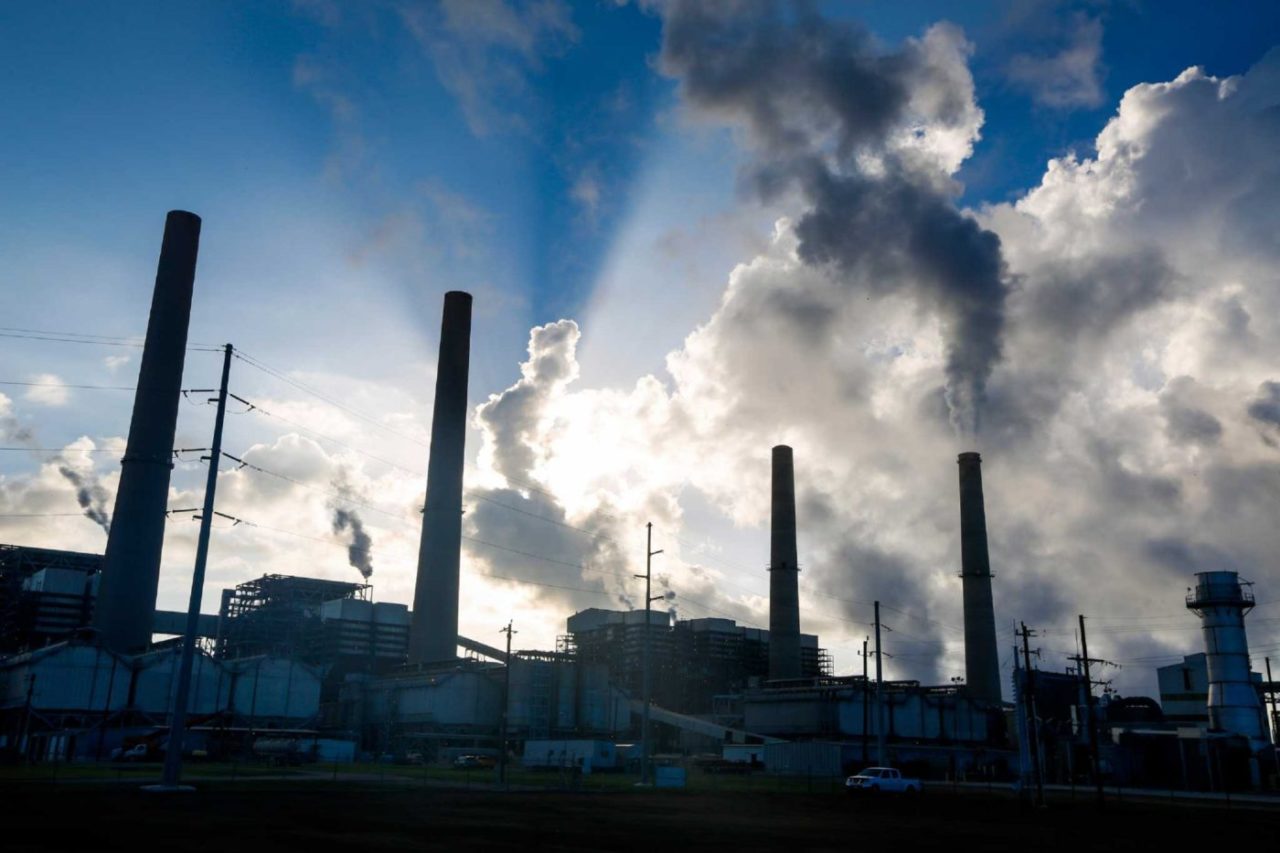-
German Coal Commission recommends closure of all coal-fired plants by 2038
Date posted:
-
-
-
Post Author
Patrick LaveryCombustion Industry News Editor
-

-
The government-supported ‘coal commission’ in Germany – made up of representatives from politics, industry, academia and environmental groups, and set up to provide recommendations on how the country could make a transition to firing no coal – has released its recommendations. Most eye-catching is the goal of closing all coal-fired capacity in Germany by 2038, but an intermediate target of closing 4 GW of hard coal-fired capacity and 3 GW of lignite-fired capacity by 2023 is the more immediate issue. Germany currently has around 42.5 GW of coal-fired capacity, and with 5.5 GW already due to close by 2023, the extra 7 GW of closures would mean the country would be at 30 GW of capacity in four years’ time. Because of this, and with nuclear plant closures also looming, Germany’s current electricity export surplus of around 50 TWh is likely to be reduced to almost zero by 2023. (What this will do to the wider European grid is currently uncertain, but Russian and Norwegian firms have already made statements about providing more gas to Germany.) Between 2023 and 2030, a further 13 GW of coal-fired capacity is recommended for closure to help Germany meet its goal of reducing power plant carbon dioxide emissions by 61% from 1990 levels. The commission recommends that gas firing increases to help alleviate the diminution of coal firing, with renewables doing most of the gap plugging. Aid of up to €40 billion (US$46 billion) will be provided to coal-reliant regions to help them adjust economically and socially to the transition. In addition, compensation has been recommended for affected utilities. RWE, one of the companies likely to be most affected by the coal-fired plant closures, has said that the closures will come “too soon”, though this may be a part of a bargaining strategy in terms of compensation. Whether the transition will be an orderly one will be of keen interest around the world, but the almost 20-year time frame supported by a rise in gas firing, and being a compromise agreement between the diverse interests represented, gives it at least an appearance of feasibility. Reviews of the plan are to be held every three years, beginning in 2023, and federal government will now review the recommendations prior to implementing them.
